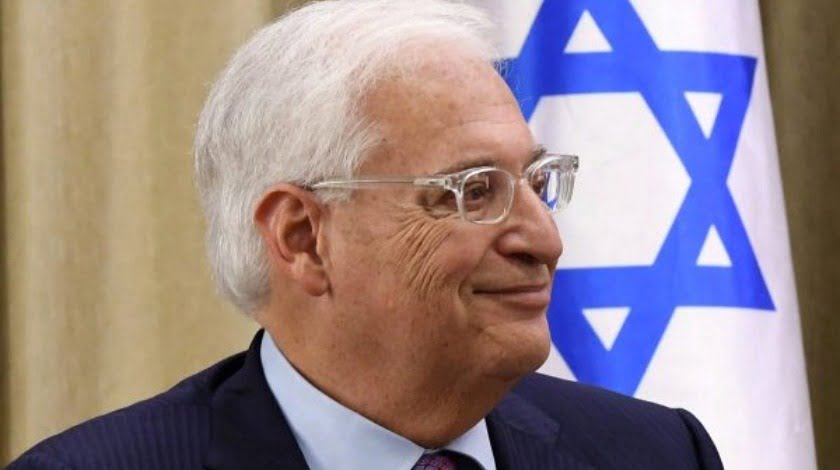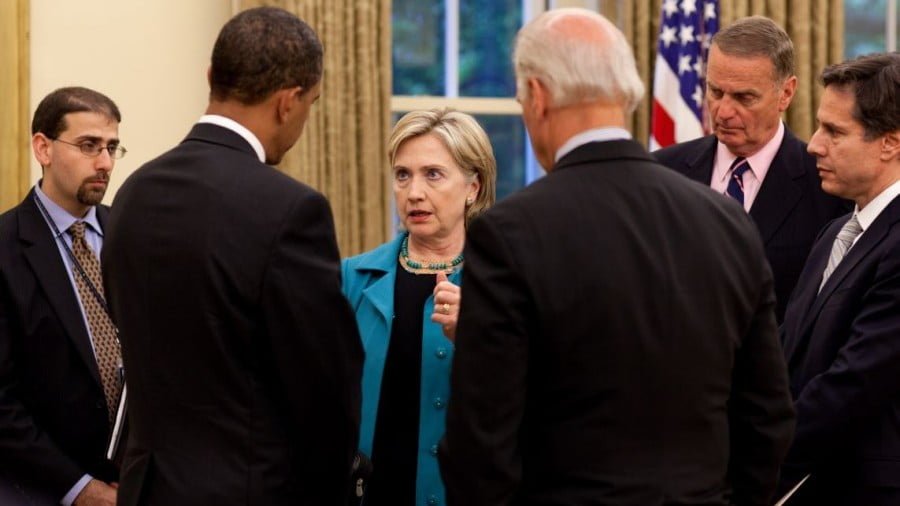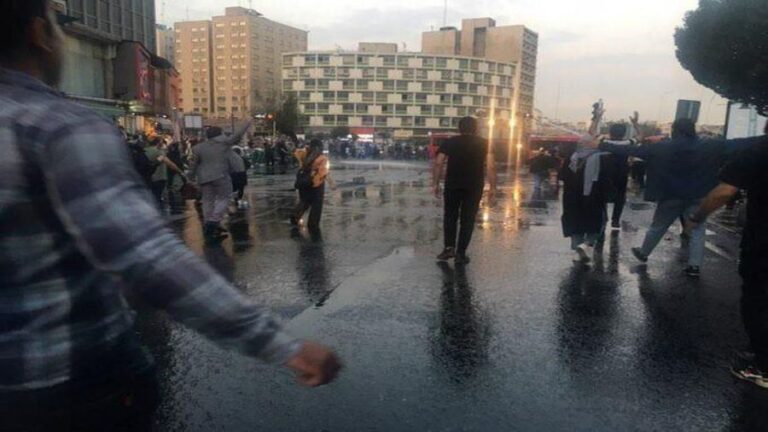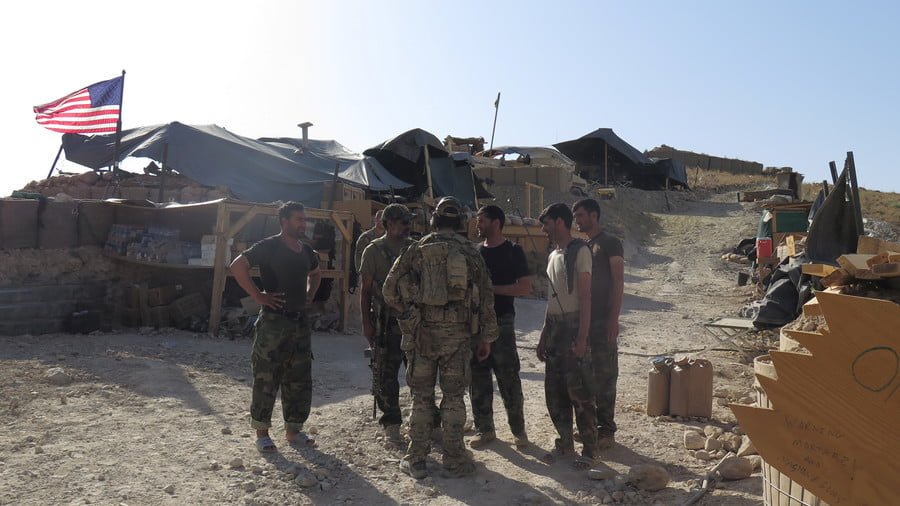Assessing the US-Backed Iraqi-Saudi Rapprochement
US Secretary of State Rex Tillerson was in Riyadh where he partook in a trilateral meeting with the Saudi and Iraqi leaders. The two Arab states have been moving closer to one another recently, with Saudi Arabia even hosting Shiite cleric and militia leader Muqtada al-Sadr earlier this year in a bid to strengthen its influence across sectarian lines so that the Kingdom can become an important post-Daesh partner in the country’s investment, military, and social spheres. If this policy was being promoted with win-win interests in mind and not as part of a larger regional game aimed at “containing” Iran, then there wouldn’t be anything irresponsible about it, but Tillerson inadvertently exposed the grand geostrategic designs behind it when he spoke at the gathering. He ordered the Popular Mobilization Forces, a highly trained and effective anti-terrorist group of Iranian-backed militias which are officially a part of the Iraqi security apparatus, to “go home” after Daesh is defeated, implying that the majority-Shiite members of these fighting forces are just volunteers from Iran.
That’s not true at all, as most of them are born-and-raised Iraqis who banded together to defend their homeland from Daesh, but the US and Saudi Arabia have an interest in framing it otherwise. To its credit, the Iraqi government shortly thereafter came out real sharply against Tillerson’s demand, and Prime Minister Abadi later reemphasized during the Secretary of State’s visit to Baghdad right afterwards just how integral of a role the Popular Mobilization Forces played in his country’s liberation operations against Daesh. From this scandalous exchange, it’s clear that post-Daesh Iraq is becoming a heated zone of competition between the US and Saudi Arabia on one side, and Iran and Baghdad on the other, with the Kurds being the unpredictable chaos factor that could take down this fragile house of cards. The Iraqi authorities would ideally like to balance all players to their countrymen’s benefit, hence the recent rapprochement with Saudi Arabia, but while Riyadh has been coy about its true intentions in forcing Baghdad to take sides, Washington harbored no such reservations and seems to have clumsily overstepped its limits with Tillerson’s sectarian suggestion.
The pressure that the US is putting on Iraq to disband the Popular Mobilization Forces runs parallel to what it’s doing to Syria in trying to get Damascus to send Hezbollah and the Islamic Revolutionary Guard Corps (IRGC) home after the defeat of Daesh there too, though it’s unclear in both cases what the US will do if these two states don’t obey its commands. All told, the renewed diplomatic offensive that’s being waged against Iran’s regional interests might have a majorly unintended effect in strengthening Tehran’s political will to support its allied militias abroad, which could play into the hands of the country’s Principalists – or “conservatives”, as they’re referred to in the West – to the perceived expense of its Reformists – or “moderates”. That could see Iran take a more assertive regional position contrary to the expectations of the American strategists who anticipate that it’ll back down, with the most predictable consequence being that the next Mideast conflict might be over the post-Daesh fate of Hezbollah in Syria and the Popular Mobilization Forces in Iraq.
By Andrew Korybko
Source: Oriental Review







